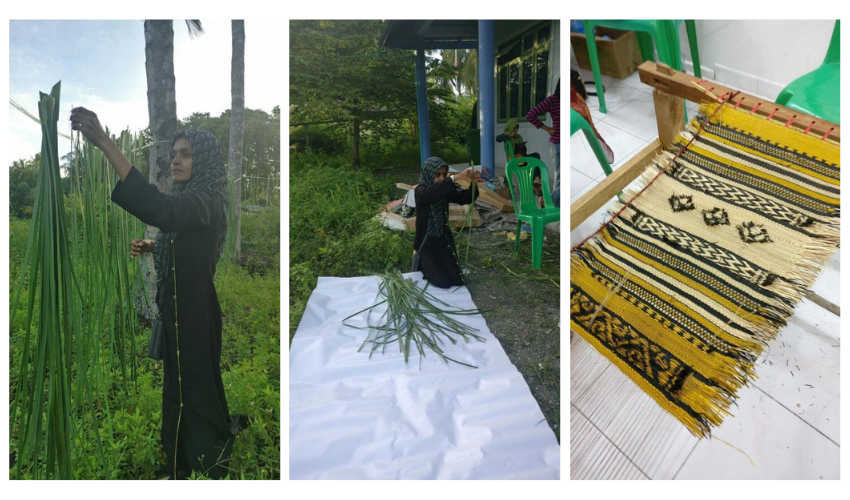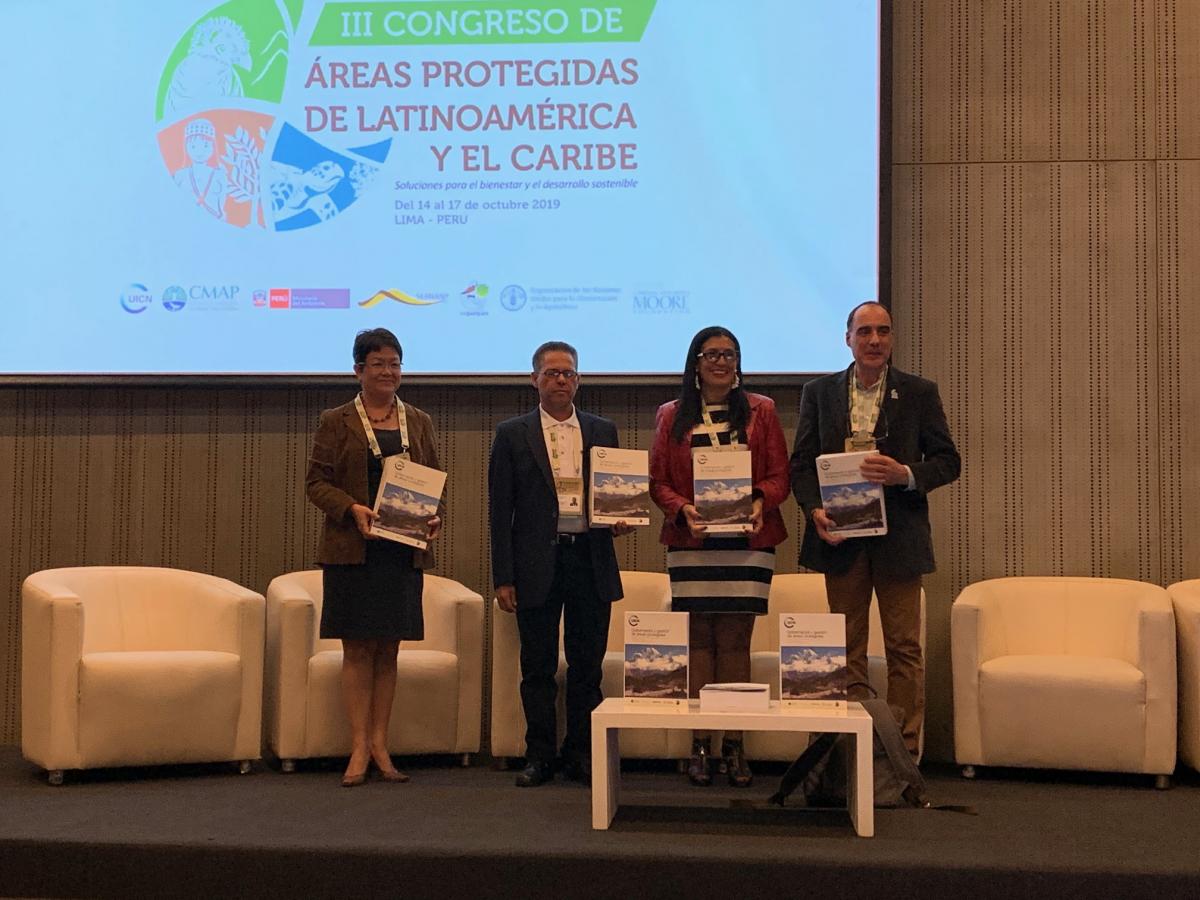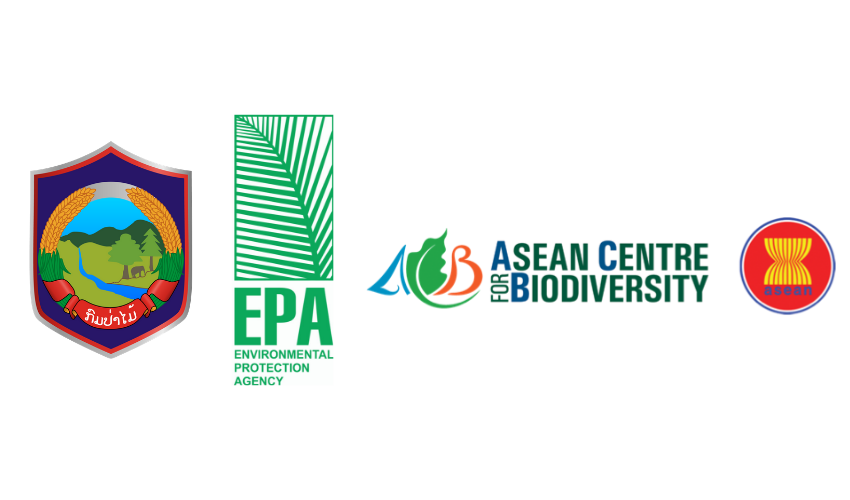Woven from nature
In the Maldives, Aminath lives close to a vast protected wetland area within the Fuvahmulah Nature Park on Fuvahmulah Atoll. Aminath goes to the wetland at least once a month to harvest taro from her allocated field. Occasionally, she also takes a dip in the freshwater lake surrounding the wetland.

Photo: EPA
Fuvahmulah Nature Park consists of the protected wetland areas of Bandaara Kilhi and Dhadimagi Kilhi, and is the very first wetland park in the Maldives.
Even though Aminath only visits the wetland once a month, she often wonders about all the services the wetlands and associated flora and fauna provide. She also often thinks about how her community could make use of the abundant reeds and screw pines growing wildly in the marshland and wetland.
When Aminath had the opportunity to participate in a handicraft training using wetland resources organized by the European Union-funded Climate Change Adaptation Project (CCAP) of the Ministry of Environment and Energy, she was thrilled as she was aware that such an activity could potentially provide an additional source of income for her community.
After participating in the handicraft training, Aminath became involved in the livelihood support programme for wetland management in Fuvahmulah. The programme empowers the local community economically by training them in the traditional Maldivian craft of Thun'du Kunaa weaving, which uses reed. Wild screw pines (Pandanus spp.) are also used in the weaving activities. Livelihood support programme participants learn how to splice and dry the leaves, which are later woven into mats, bags, pouches, storage boxes and other handicrafts.
“’It has been only six months since the training and we have already received an order from a resort to display our handicraft products at an event they are organising,’’ said Aminath.
Reed (locally known as hau) and wild screw pines (kashikeyo) grow abundantly around the protected wetland area of Fuvahmulah.
”If the biodiversity in the park is not effectively protected and conserved, there would be no reed or pines for participants of the livelihood programme to make handicrafts from. We need to protect our natural resources and we can only do this together with the local communities,” added Aminath.
Livelihood improvement and income generating initiatives have been incorporated in the Fuvahmulah Nature Park management scheme to help the local community understand better the value of wetlands and the important services they provide. With the additional knowledge on sustainable use of wetland resources, Animath and other beneficiaries from the livelihood improvement trainings can become strong advocates for the conservation of important ecosystems such as wetlands.
Asia Protected Areas Partnership (APAP) has been designed as a key platform to help governments and other stakeholders collaborate for more effective management of protected areas in the region. The partnership was initiated in 2013 at the first-ever Asia Parks Congress held in Japan, and formally launched the following year at the IUCN World Parks Congress in Australia. It is chaired by IUCN, International Union for Conservation of Nature, and co-chaired by an APAP member organisation on a rotational basis, beginning with the Ministry of the Environment, Japan. The Ministry of Environment, Republic of Korea, is the current co-chair.



